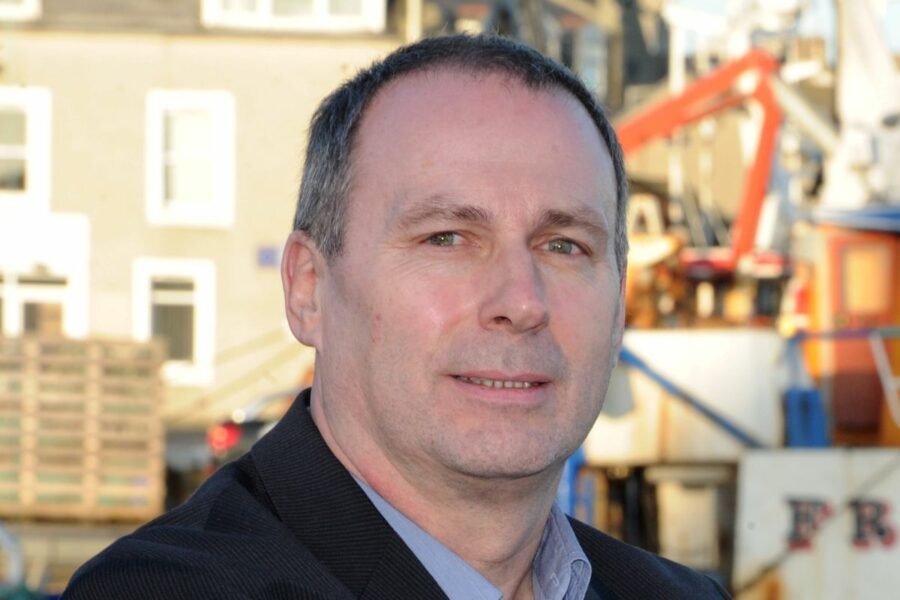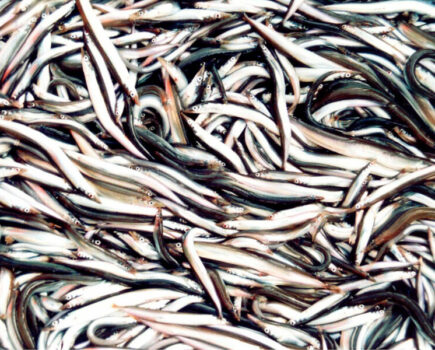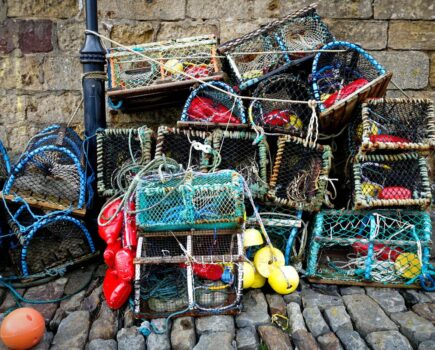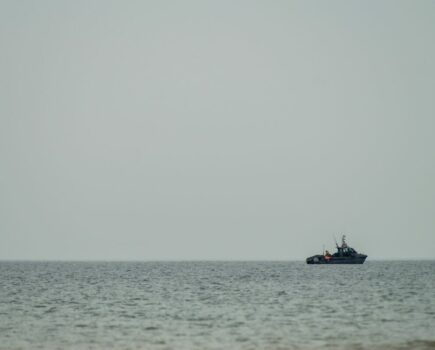Rogue operators must be stopped, says SWFPA chief
Mike Park Chief Executive of the Scottish White Fish Producers’ Association (SWFPA), has emphasised that the industry must be protected from rogue vessel operators who mistreat their crews, both to maintain its reputation and to protect the market for its catches.
The industry has to do this itself by operating its own worker-driven code of conduct, and ensuring it is observed, he said. “We have to ensure that if there are vessel operators out there that are acting in an unscrupulous way, they do not deserve to be in the industry. As far as I’m concerned, it’s as simple as that.”
He made his comments speaking online from Manila in the Philippines to the North East of Scotland Fisheries Development Partnership (NESFDP) about the Fair Food policy that the SWFPA is spearheading.
SWFPA Crew Services is in the Philippines as part of work to set up its own crewing agency based on advice from the Fair Food programme, a project set up for migrant tomato pickers in Florida (FN, 29 August, ‘WDSR pilot scheme in the pipeline’).
Mike Park said the industry had worked with partners such as the International Transport Workers’ Federation (IFT), Focus on Labour Exploitation (Flex) and the SEA Alliance to look at how it could be introduced into the fishing industry.
He said the recent BBC Dispatches programme ‘Slavery at Sea’ emphasised why the industry is trying to improve standards, and showed that the industry ‘needs to get its act together’ (FN, 29 August, ‘BBC spotlight on historic crew abuse’).
“The BBC programme, reports from universities, The Seafarers’ Charity, articles in the Times and Financial Times all expose us to an underbelly of the industry, and we need to try to find a way to protect the industry,” he told the NESFDP.
The SWFPA project will include a third-party audit system and an app for crewmen that will give them ‘a direct whistle-blowing or grievance procedure line’ to a third-party company, which is currently Flex.
“The crew would send a grievance if they have one, and within 24 hours they would be interviewing the crew, the skipper, the owners. This would then be rated – is it significant, insignificant, something to be sorted now, do any additional procedures need to be put in place?
“What that does is put the responsibility at the vessel level, because in the absence of that, the industry is exposed to accusations of modern-day slavery, which can come in many forms, such as through bonding and poor conditions.”
He said if a vessel breaks the code or refuses to implement it, the hope is that it would then have difficulty selling its catch.
“Only by putting a consequence in place can we actually solve the problem. We’re not happy having to do this, but in the end we have to protect the industry, and as I see it, this is the only way to protect the industry – put a system in place that’s agreed by the workers, that’s routinely audited, with a workable grievance procedure in place that is enforceable and visible, and then we’re a long way down the road to solving that problem.”
The current state of play is that the ITF, in partnership with workers in the industry, has created a code of conduct that is currently with the SWFPA’s legal team.
“Once that is produced, we will sit down and have a look at it, then discuss how we roll it out. My dream is that we could get the whole industry into it – not just a few vessels, because that doesn’t protect us.
“Hopefully we’ll run a pilot, and then after that we’ll roll out to the wider Scottish industry – and then after that there’s going to be a pilot in Northern Ireland as well.”
This story was taken from the latest issue of Fishing News. For more up-to-date and in-depth reports on the UK and Irish commercial fishing sector, subscribe to Fishing News here or buy the latest single issue for just £3.50 here.
Sign up to Fishing News’ FREE e-newsletter here.








